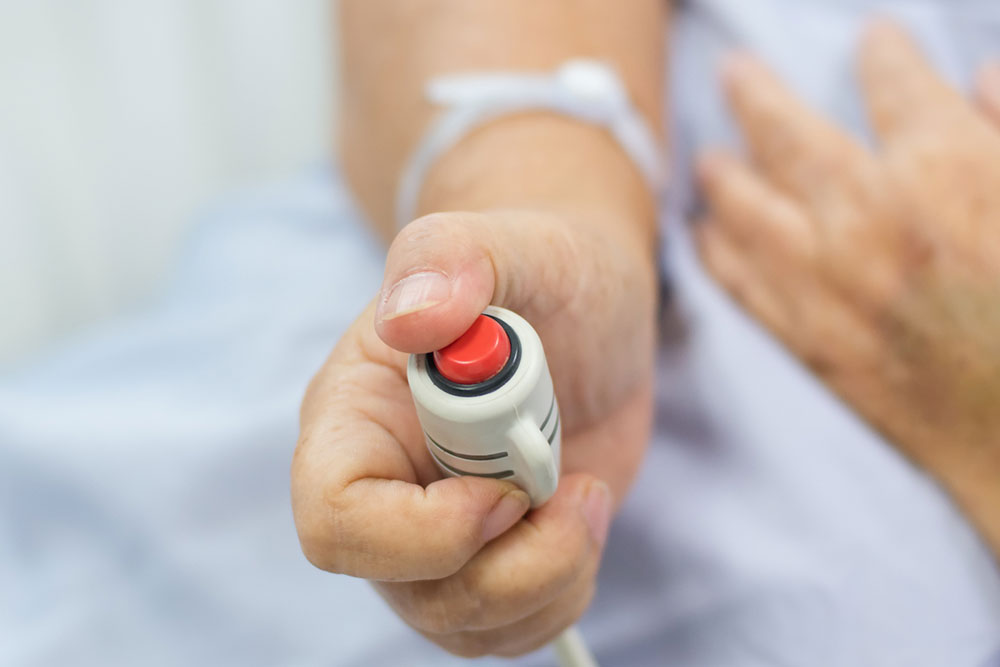4 mistakes to avoid when buying a medical alert system

It’s important to remember the phrase “a stitch in time saves nine” during health emergencies. Often, seniors or those with pre-existing health conditions are vulnerable to falls, accidents, heart problems, etc., wherein they need immediate hospitalization. In such cases, any delays can be fatal. Medical alert systems ensure that such emergencies are recognized immediately, even when one is alone at home. However, when installing a system, one should understand its mechanism and avoid some mistakes.
Using a medical alert system as a cellular phone
A common misconception is that those involved in a medical emergency can speed dial their loved ones. But a phone may not always be accessible to a person in such situations. Sometimes, it might be placed on an elevated surface, such as a table, and one might not be able to reach it. At other times, one may have placed their phone in a different room and might not be able to navigate to this room after an accident, heart attack, or a chronic health condition. On the contrary, a medical alert system is fastened to a person’s wrist or around their neck all the time. So, in case of an emergency, it immediately dials for help. It is important to note that one’s phone and a medical alert system are not the same and they function differently.
Compromising on quality for price
These days, with multiple brands offering medical alert systems, it might be tempting to opt for a low-priced system with limited features or an inefficient mechanism. But a medical alert system can potentially be a life saver, so buying a low-price, low-quality system may eventually cost a life. And that’s why one should consider all the available options first, the quality of the brand’s products and the prices, and make an informed decision when buying a medical alert system.
Signing a non-cancellable or long-term contract
Some contracts pertaining to medical alert systems can be lengthy, sometimes extending up to three years, and may only be cancelled upon the passing away of the user or relocation to a senior care facility. However, discontinuing a medical alert system may be required not just for these reasons but also if the system is unsatisfactory. To ensure consumers have the ability to cancel their contracts at any time in such cases, it is recommended to opt for medical alert systems with a month-on-month contract policy.
Not knowing about the different types of medical alert systems
Different types of medical alert systems exist, each with a distinct purpose and functioning. For example, landline in-home systems work only at home and are connected to one’s landline phone. Cellular in-home systems also work only at home, but these are configured with one’s mobile network. In contrast, smartwatch systems may be worn around one’s wrists and are effective practically anywhere. If a person is at home most of the time or at all times, an in-home system may suffice, but if one steps out of the home frequently or even occasionally, a system that works indoors as well as outdoors is suitable because one cannot predict where an accident or emergency situation may take place. So, before buying a medical alert system, one should know its various types to make an informed decision.



